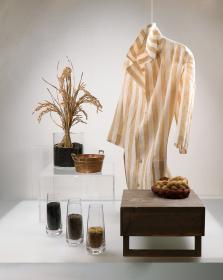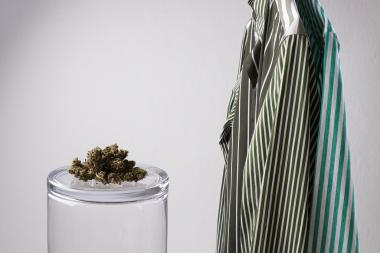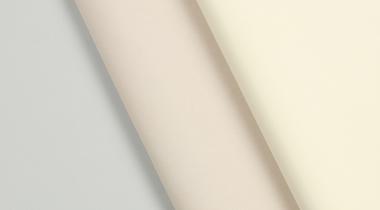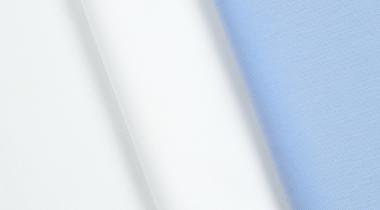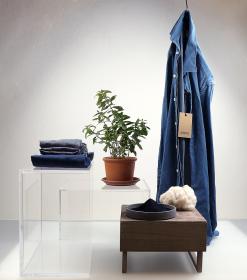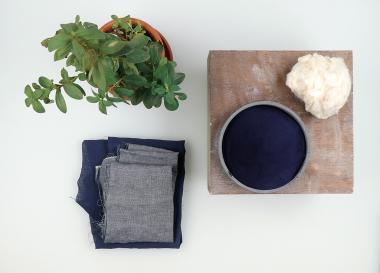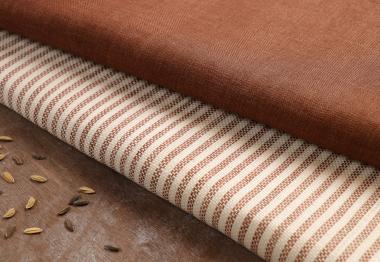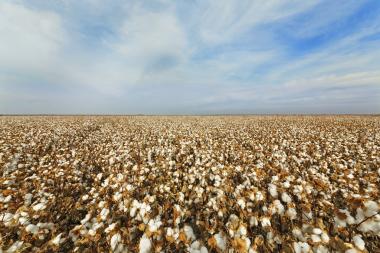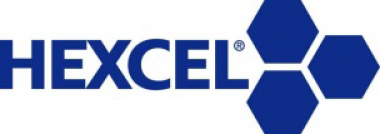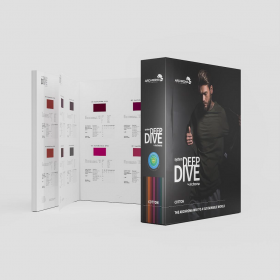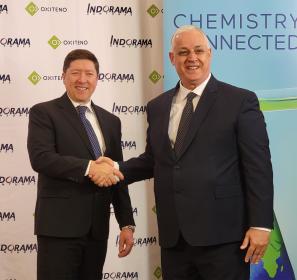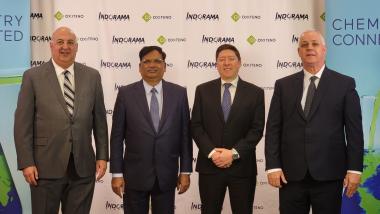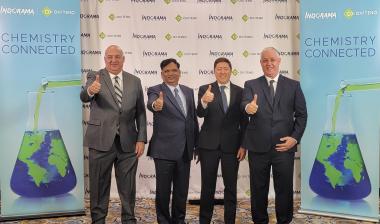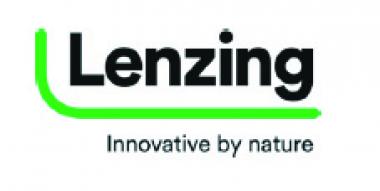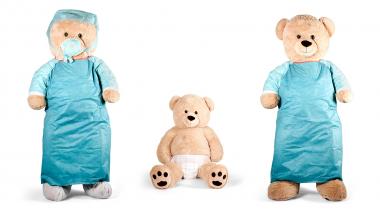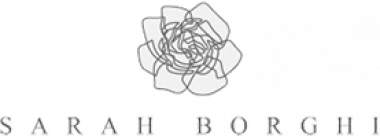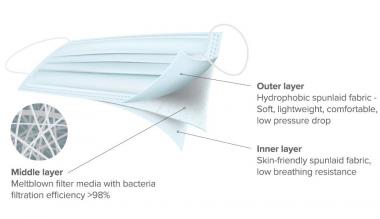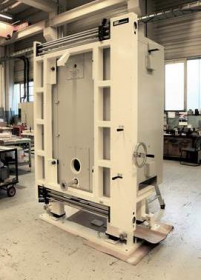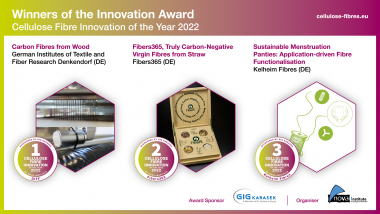TEXAID enables Textile-to-Textile Recycling
As a leading company in the collecting, sorting, reselling and recycling of post-consumer textile waste, TEXAID has enabled the recycling of post-consumer textile waste into new textiles and clothing. After two years of development, the company has developed a fabric including 50 % of post-consumer textile waste from used clothing, collected and prepared for recycling by TEXAID.
Today’s linear system of «take – make – waste» needs to change. New textiles are produced, used and discarded instead of putting them to a second use. The production of new textiles requires natural resources that are limited, and the current system has a significant negative impact on our planet. The transition to a circular system, where garments are kept in use for longer, is an opportunity to harness untapped potential around customer loyalty, economic growth, and ecological sustainability.
To move away from the linear system and enable products to be made out of post-consumer textile waste, TEXAID invested in the textile-to-textile recycling and product development.
Collaboration enables recycling
After two years of research, product development, and most important, building partnerships in the value chain, TEXAID has been able to develop a fabric made of 100 % recycled fiber in close collaboration with our value chain partners.
The fabric is a blend of 50 % post-consumer textile waste that TEXAID has collected in Germany and Switzerland. White cotton textiles which cannot be worn, have been sorted out in a sorting facility in Apolda, Germany. The other 50% is made from ocean-bound plastic waste which is plastic with a high risk of entering the ocean which has been saved and recycled by Unifi. The fabric and bag have been produced in Italy. The cotton material has been shredded by Marchi & Fildi in Biella, IT, who then spun the recycled cotton and recycled polyester fibers into a yarn. This yarn has been woven into a fabric by Tessitura Casoni.T.F.C.
Through this proof of concept, it has been showcased that making fabrics of 100 % recycled content and with 50 % of post-consumer textiles is possible. TEXAID is looking for strong industry partners to push high-value textile to textile recycling technologies in joint projects like these.






